Fundamental Problems with Congress: Party Polarization
by Anthony Sibley (AJ) on Aug 7, 2013 | Views: 363 | Score: 0
| Republicans | Democrats | Entire Chamber | |
|---|---|---|---|
| 80th (1947-48) | 1328 | 811 | 1100 |
| 85th (1957-58) | 1297 | 772 | 1016 |
| 90th (1967-77) | 1255 | 745 | 974 |
| 95th (1977-78) | 1266 | 707 | 893 |
| 100th (1987-88) | 1337 | 683 | 927 |
| 105th (1997-98) | 1428 | 623 | 1039 |
| 110th (2007-08) | 1566 | 609 | 1036 |
| 111th (2009-11) | 1620 | 646 | 1027 |
| 112th (2011-12) | 1478 | 571 | 1084 |
Increasing Polarization of Congressional Members
Political Ideology Scale (1000> Conservative; 1000< Liberal)
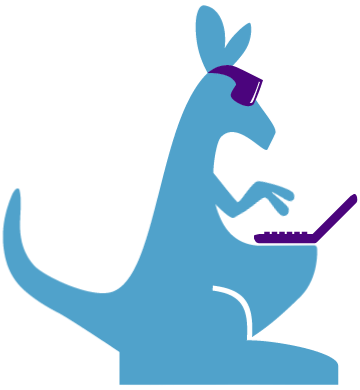
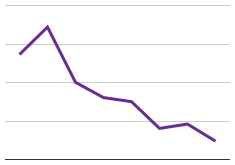
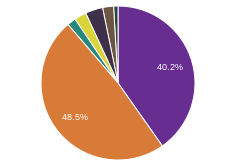
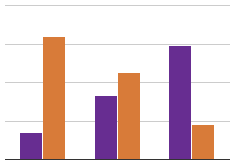
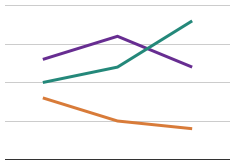
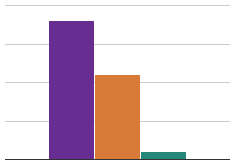
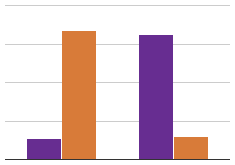
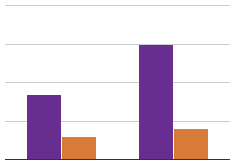
In the last three decades, the political polarization of Congress members has skyrocketed, and with it, congressional productivity has precipitously declined. From only +328 Conservative, Republicans had become +620 by 111th. Democrats became more liberal as well, -189 to -354 Conservative. This party polarization greatly discourages working towards bipartisan, generally more moderate, solutions. [*1000 is considered completely Moderate*]